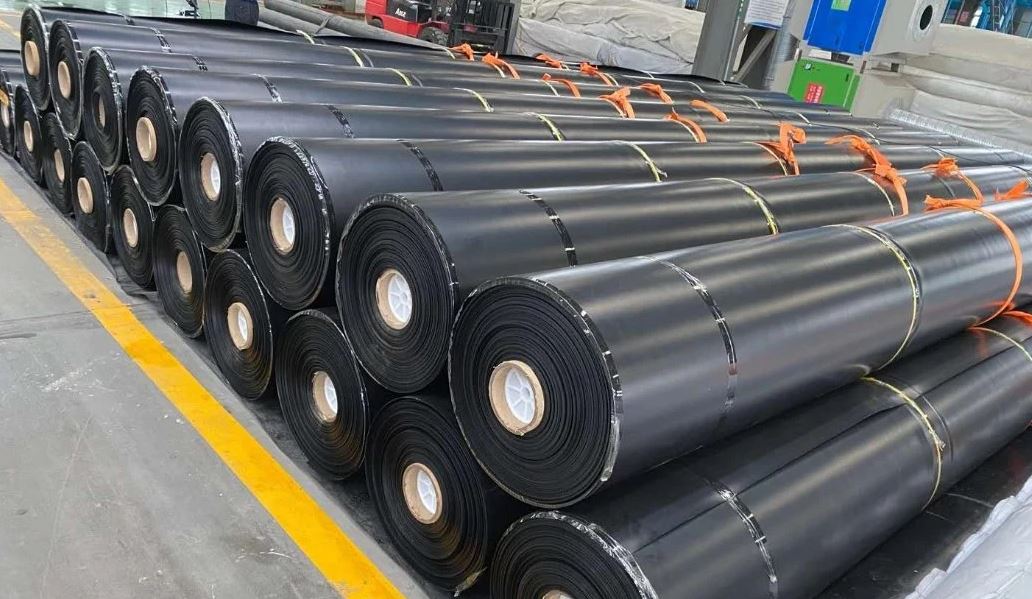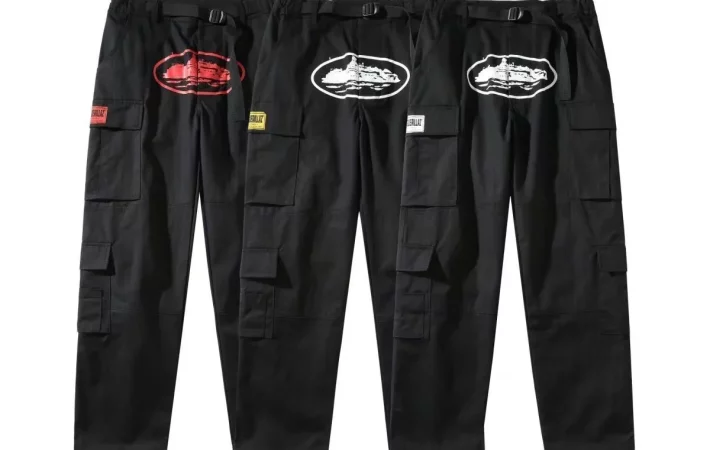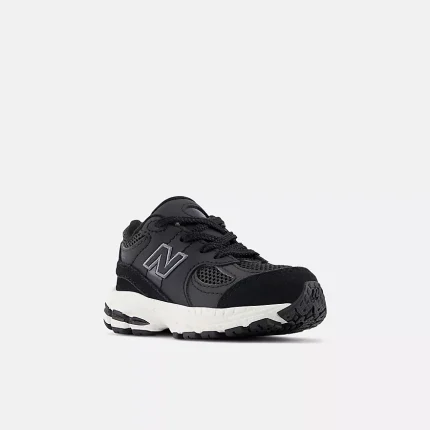High-Density Polyethylene (HDPE) sheets are a versatile and durable plastic material widely used across various industries. Known for their strength, chemical resistance, and cost-effectiveness, HDPE sheets have become a popular choice for applications ranging from packaging to construction. This comprehensive guide explores the properties, benefits, and diverse applications of HDPE sheets.
What are HDPE Sheets?
HDPE, or High-Density Polyethylene, is a thermoplastic polymer made from petroleum. It is known for its high strength-to-density ratio, making it a preferred material for many industrial and commercial applications. HDPE sheets are produced by extruding HDPE resin into flat, continuous sheets that can be easily fabricated, machined, and welded.
Key Properties of HDPE Sheets
- Durability: HDPE sheets are resistant to impact, abrasion, and wear, making them ideal for heavy-duty applications.
- Chemical Resistance: HDPE is highly resistant to a wide range of chemicals, including acids, alkalis, and solvents, which makes it suitable for chemical storage and processing.
- Low Moisture Absorption: HDPE has excellent moisture resistance, preventing water absorption and ensuring long-term performance in wet environments.
- Lightweight: Despite their strength, HDPE sheets are lightweight, facilitating easy handling and installation.
- UV Resistance: Some HDPE sheets are treated to resist ultraviolet (UV) radiation, making them suitable for outdoor applications.
Benefits of HDPE Sheets
- Cost-Effective: HDPE sheets offer an economical solution without compromising on performance.
- Versatile: They can be easily cut, welded, and thermoformed, allowing for a wide range of applications.
- Sustainable: HDPE is recyclable, contributing to environmental sustainability.
- Non-Toxic: HDPE is a safe material for food contact and other applications requiring non-toxicity.
Applications of HDPE Sheets
1. Packaging
HDPE sheets are commonly used in the packaging industry for products such as containers, bottles, and bags. Their chemical resistance and durability make them ideal for storing various goods, including food, chemicals, and pharmaceuticals.
2. Construction
In the construction industry, HDPE sheets are used for applications such as:
- Geomembranes: HDPE sheets serve as liners for landfills, ponds, and reservoirs, providing an impermeable barrier against leakage.
- Formwork: They are used as concrete formwork due to their strength and ease of handling.
- Pipe Linings: HDPE sheets are used to line pipes, enhancing their durability and resistance to corrosion.
3. Agriculture
HDPE sheets play a significant role in agriculture, where they are used for:
- Greenhouse Linings: Providing a barrier against moisture and pests.
- Irrigation Systems: Serving as liners for canals and reservoirs to prevent water loss.
4. Marine Applications
Thanks to their UV resistance and buoyancy, HDPE sheets are used in marine environments for applications such as:
- Dock Fenders: Protecting boats and docks from impact damage.
- Buoys: Providing flotation for navigation and safety equipment.
5. Industrial Applications
In the industrial sector, HDPE sheets are employed for:
- Chemical Tanks: Constructing tanks and containers for chemical storage.
- Machinery Components: Fabricating wear-resistant parts and components.
Detailed Properties of HDPE Sheets
- Durability and Strength
- HDPE sheets boast exceptional durability and strength, which allows them to withstand heavy loads and high impacts without cracking or breaking. This makes them suitable for demanding environments and applications.
- Chemical and Corrosion Resistance
- One of the standout features of HDPE sheets is their resistance to a wide array of chemicals and corrosive substances. This property makes HDPE an excellent choice for applications involving exposure to harsh chemicals, including acids, bases, and solvents.
- Moisture and Weather Resistance
- HDPE sheets have a very low moisture absorption rate, which means they do not swell or lose their structural integrity when exposed to water. This makes them perfect for outdoor use, where they can endure varying weather conditions without degrading.
- Lightweight Yet Strong
- Despite their high strength, HDPE sheets are relatively lightweight, which simplifies transportation, handling, and installation. This property is particularly beneficial in construction and packaging applications.
- UV Resistance
- Certain HDPE sheets are treated with UV stabilizers to protect them from the damaging effects of sunlight. This extends their lifespan in outdoor applications, making them an excellent choice for items like playground equipment, outdoor furniture, and agricultural covers.
- Non-Toxic and Food Safe
- HDPE is a non-toxic material that is safe for direct food contact. This makes it widely used in the food and beverage industry for packaging, containers, and processing equipment.
Expanded Applications of HDPE Sheets
1. Packaging Industry
HDPE sheets are extensively used in the packaging industry due to their chemical resistance, durability, and non-toxicity. Common applications include:
- Containers and Bottles: Used for packaging a variety of products, from milk and juice to detergents and chemicals.
- Plastic Bags: Durable and lightweight, making them ideal for grocery and retail use.
2. Construction Industry
The construction industry benefits greatly from the use of HDPE sheets in several ways:
- Geomembranes: Used as liners in landfills, ponds, and canals to prevent contamination and leakage.
- Concrete Formwork: HDPE sheets are used as molds for concrete structures due to their durability and ease of handling.
- Pipe Linings: Providing corrosion-resistant linings for pipes, extending their service life and reliability.
3. Agriculture Sector
In agriculture, HDPE sheets are utilized for:
- Greenhouse Linings: Protecting plants by providing a barrier against pests and moisture.
- Reservoir and Canal Liners: Preventing water loss in irrigation systems.
4. Marine and Boating Applications
The marine industry uses HDPE sheets for their UV resistance and buoyancy:
- Dock Fenders and Pads: Protecting docks and boats from damage during mooring.
- Floating Structures: Buoys, pontoons, and floating docks made from HDPE are durable and long-lasting.
5. Industrial Uses
HDPE sheets serve numerous functions in the industrial sector:
- Chemical Tanks: Constructing safe and durable tanks for storing chemicals.
- Machinery Parts: Fabricating wear-resistant parts for various types of machinery and equipment.
Conclusion
HDPE sheets offer a unique combination of strength, durability, and versatility, making them an invaluable material across numerous industries. Whether you’re in construction, agriculture, or manufacturing, HDPE sheets provide a reliable and cost-effective solution for your needs. Their eco-friendly nature and recyclability further enhance their appeal, contributing to a more sustainable future.







Leave a comment
Your email address will not be published. Required fields are marked *